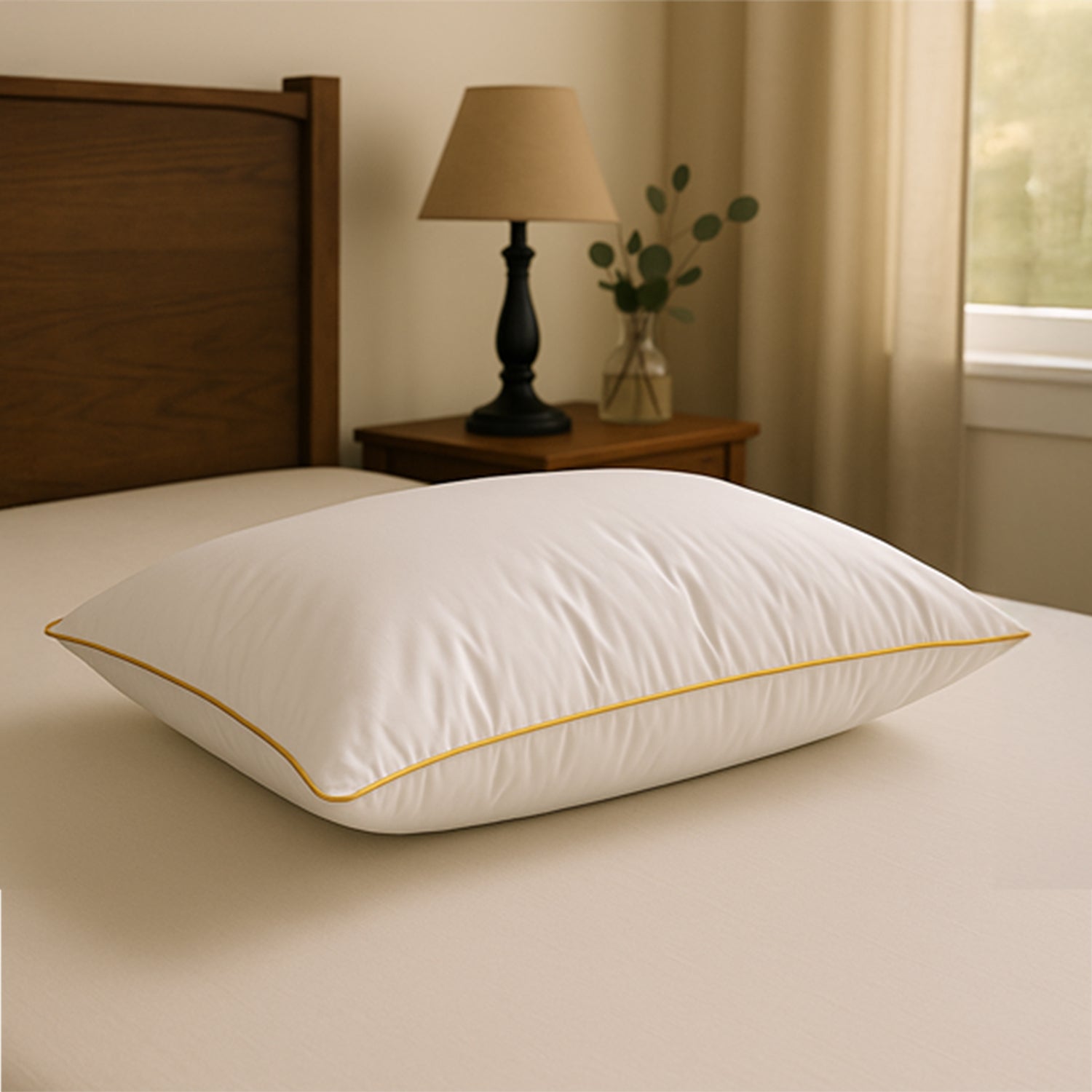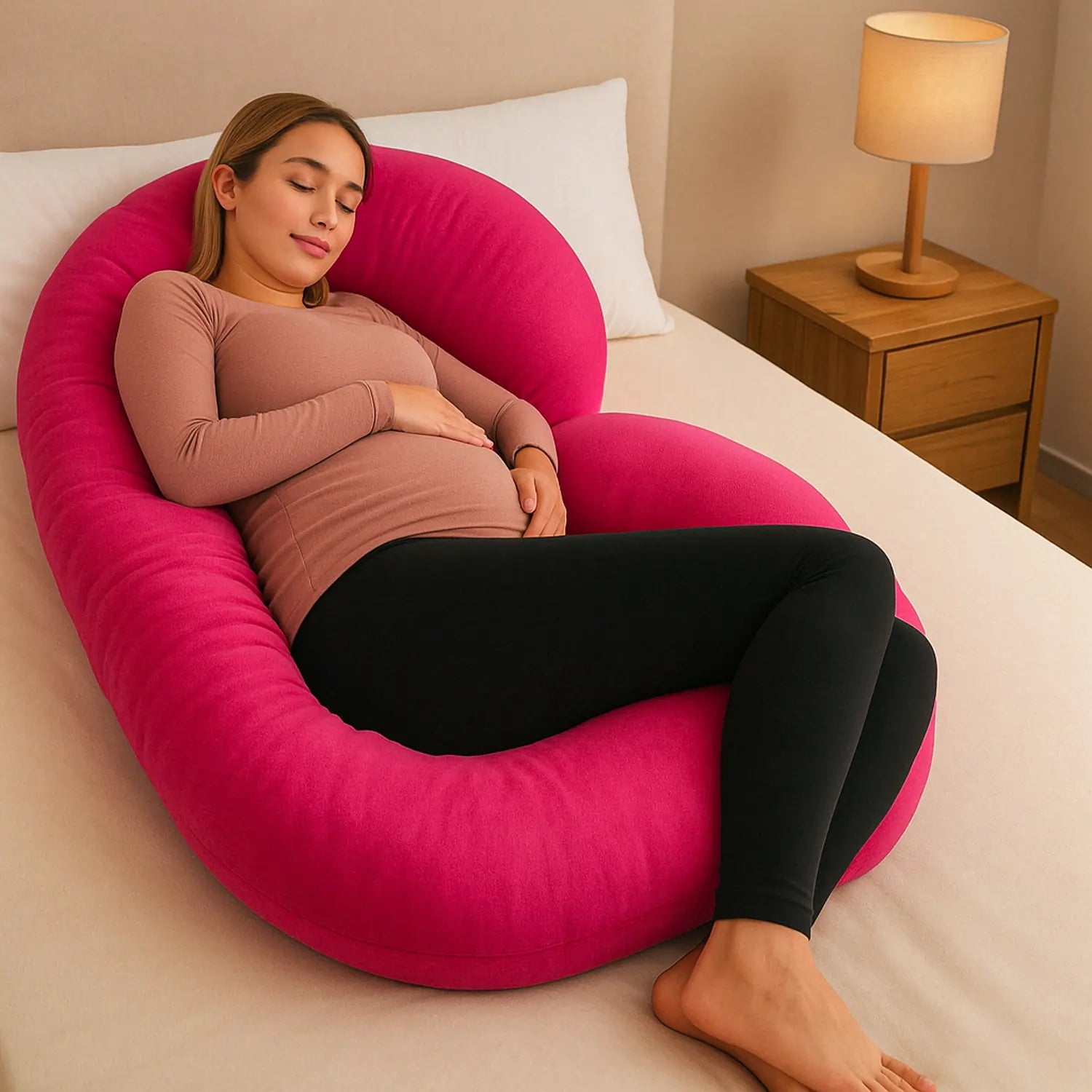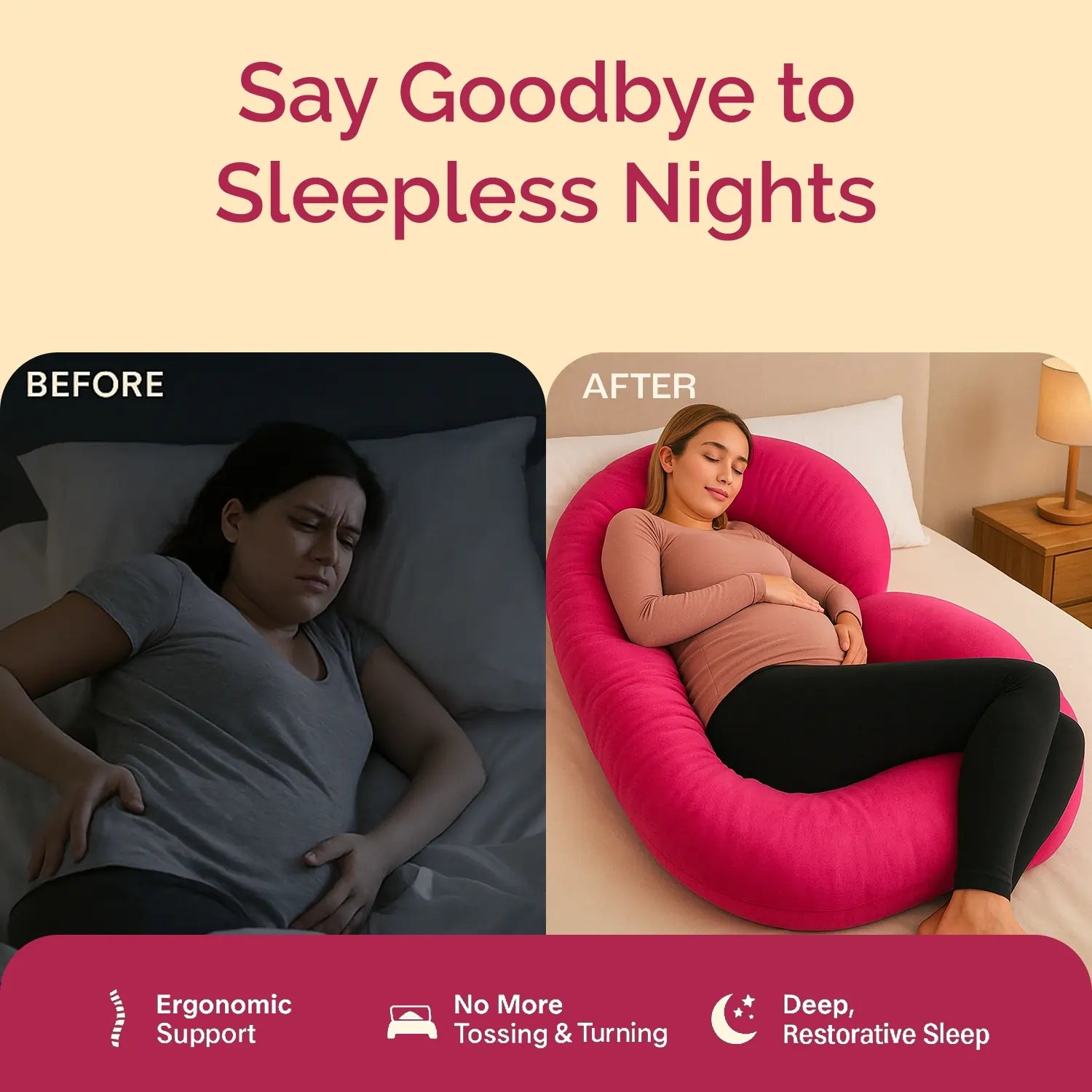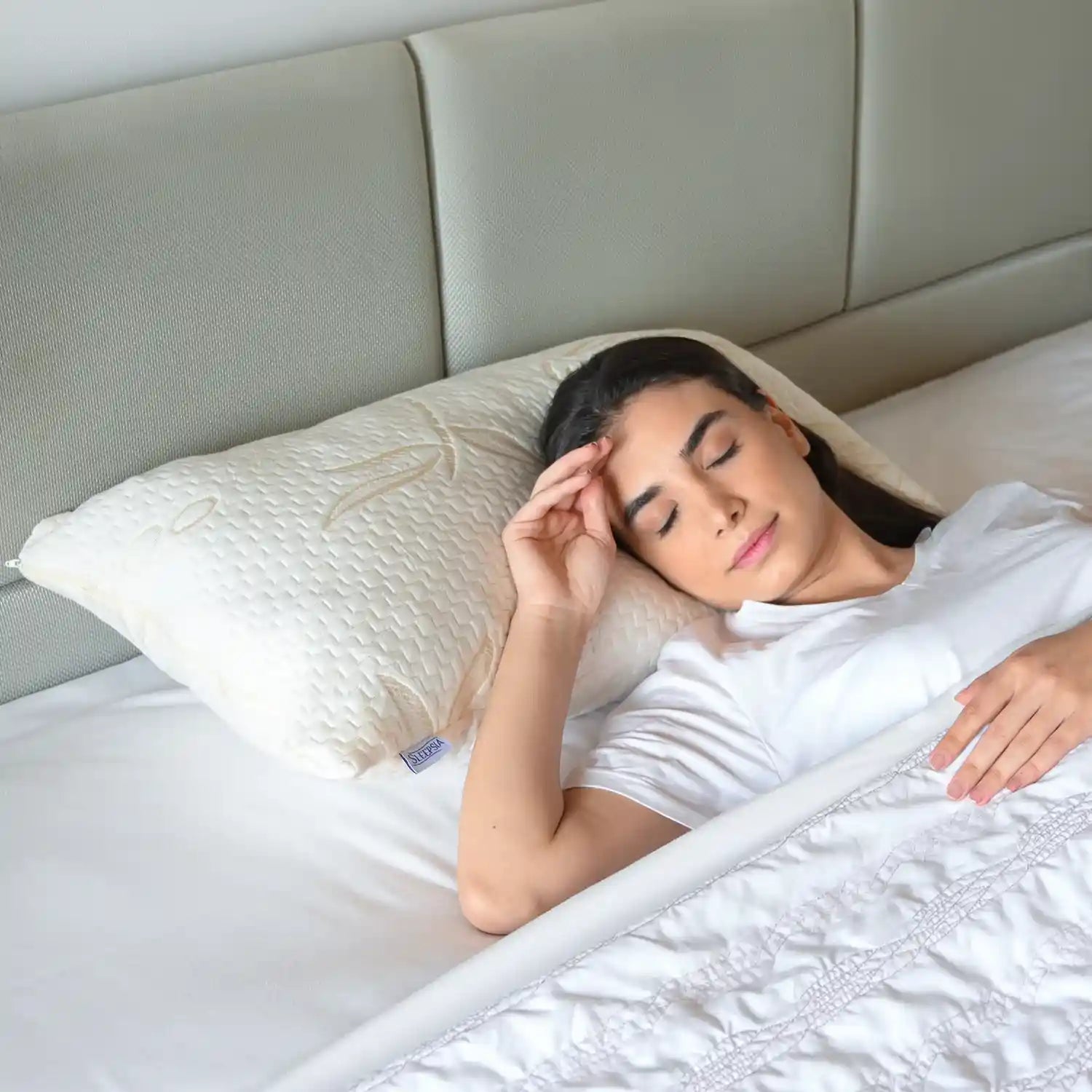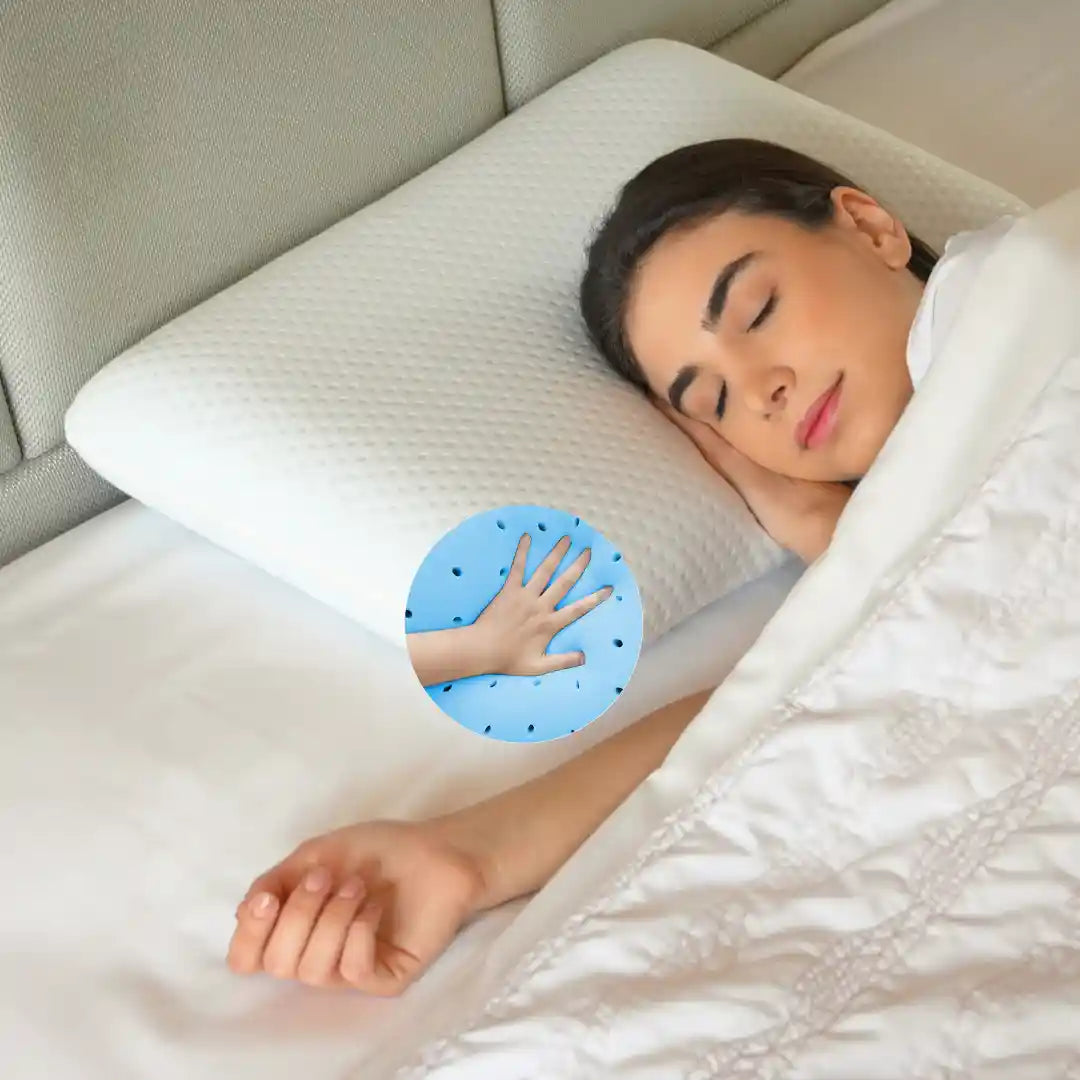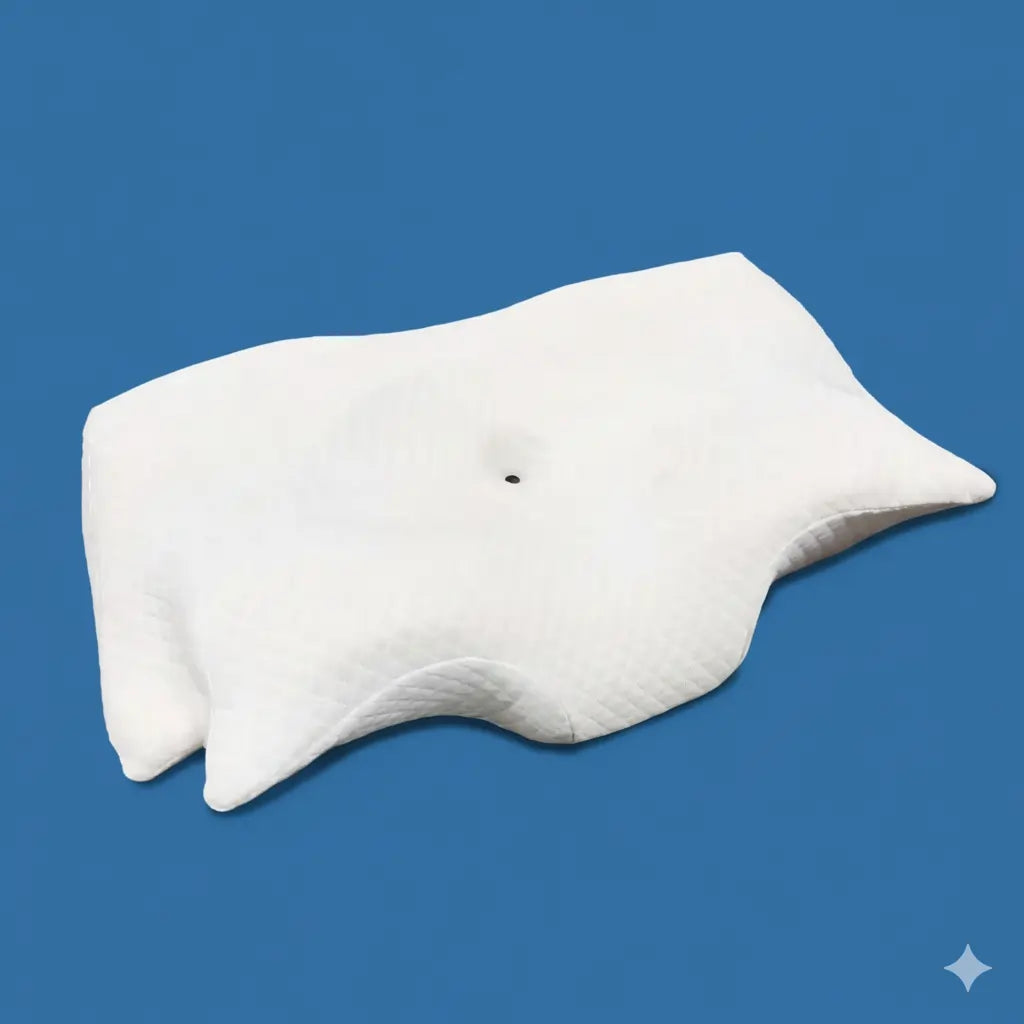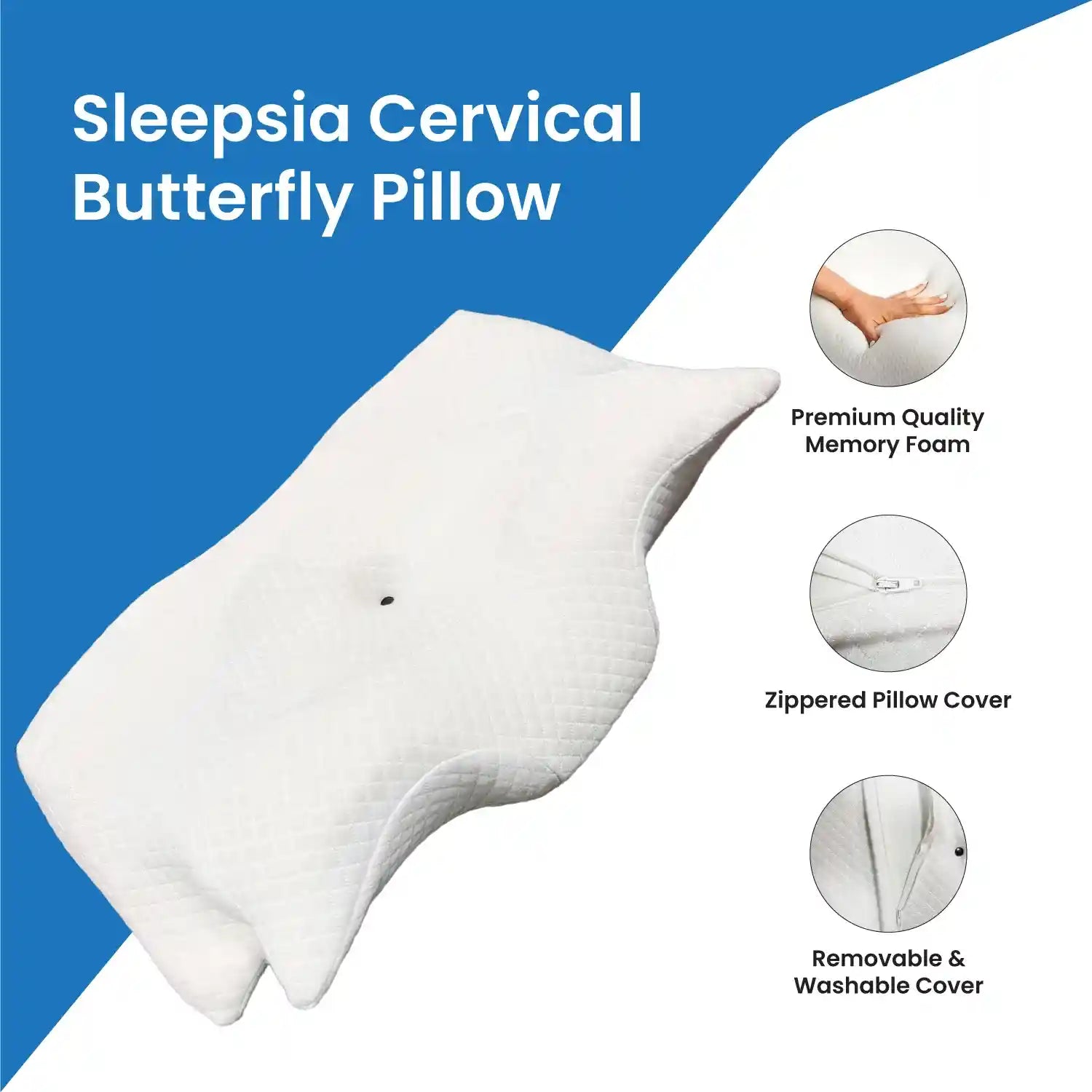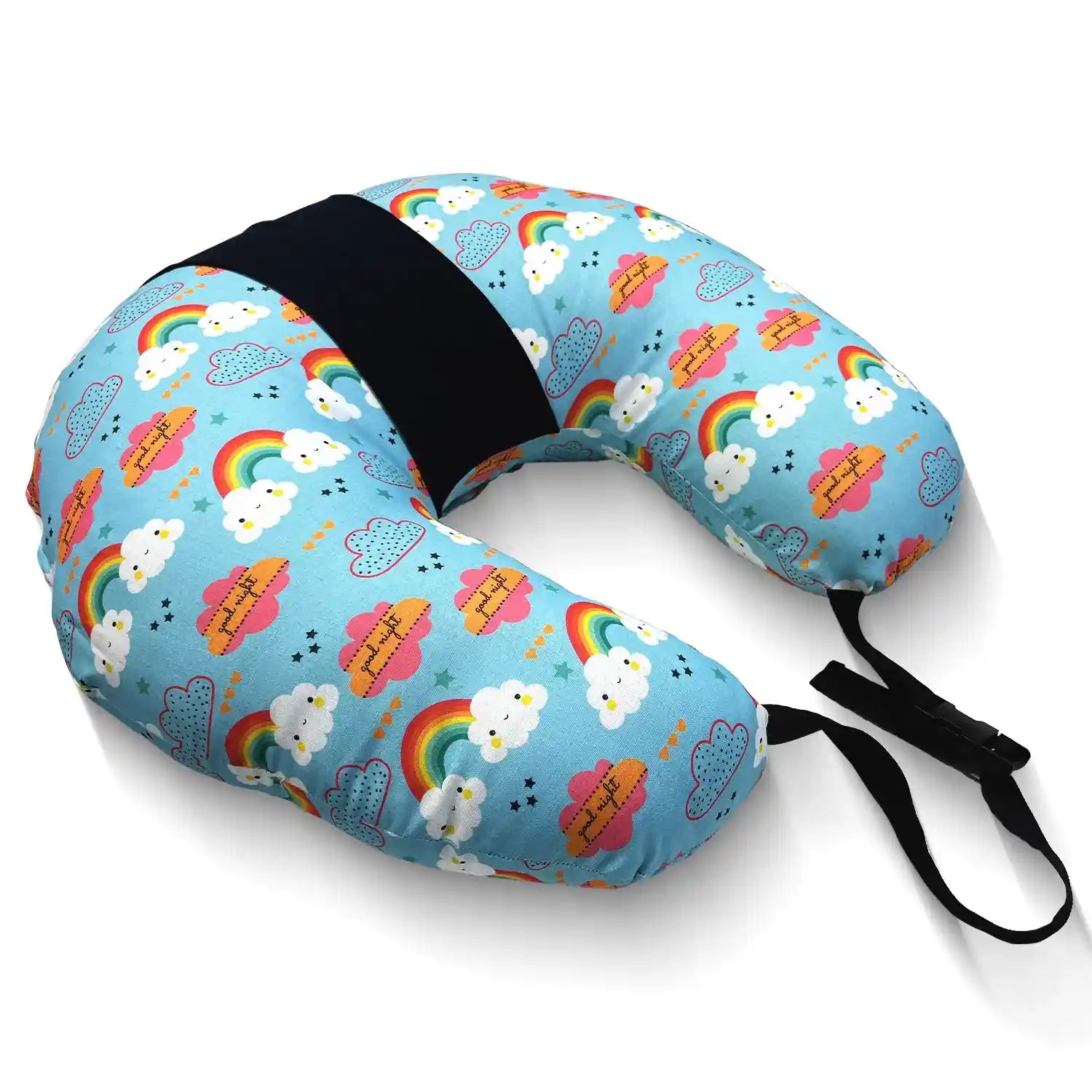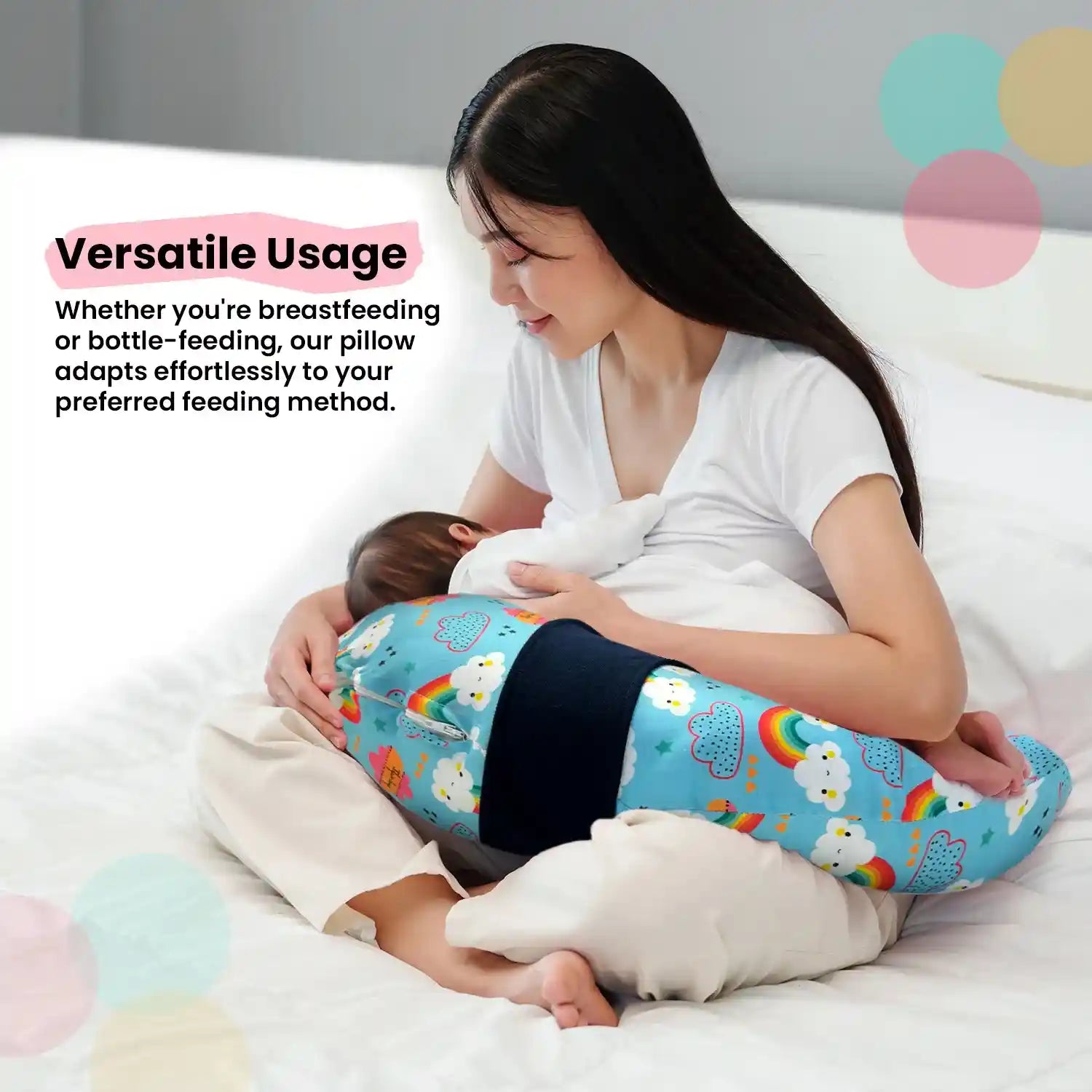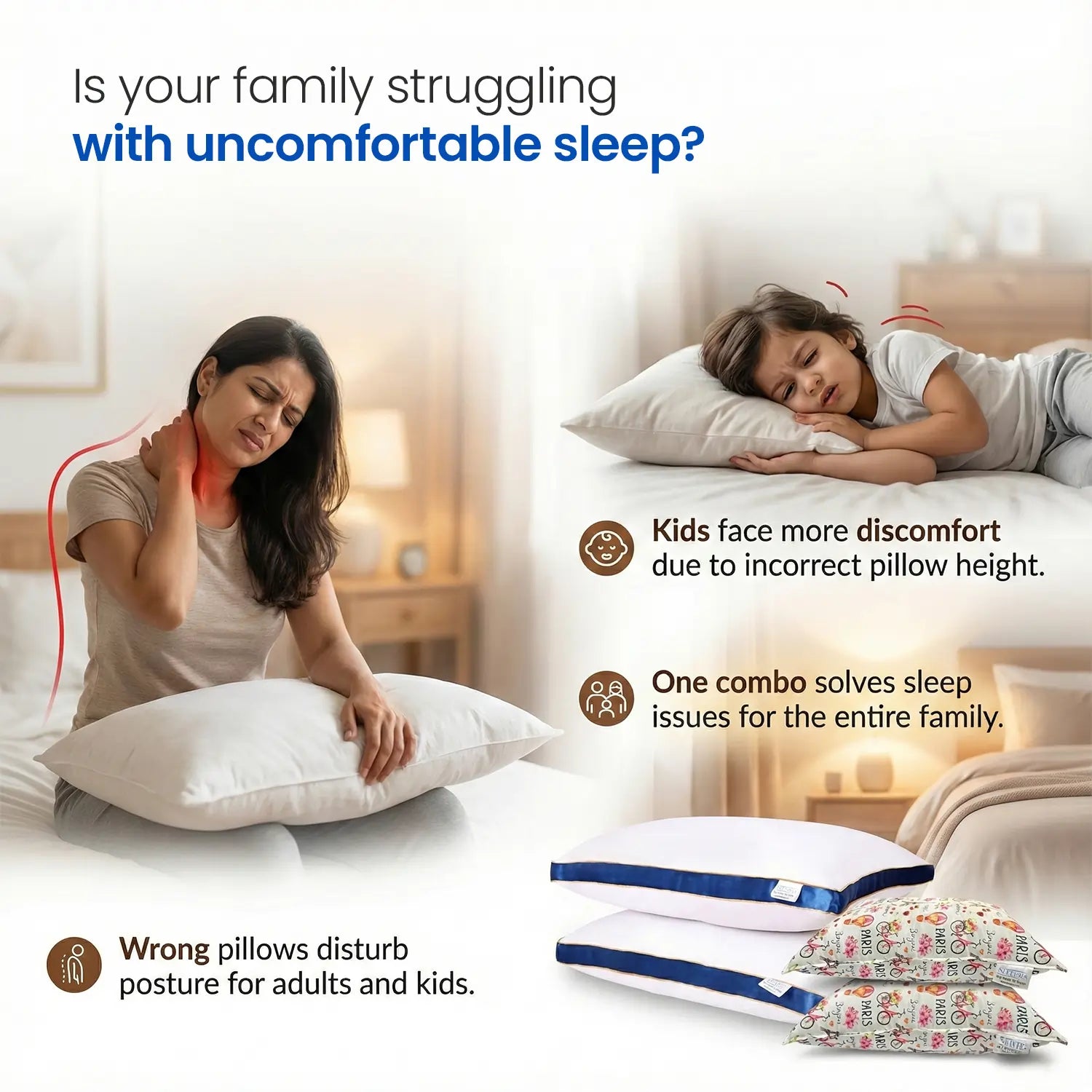
Connection Between Sleep and Diet
If you've ever tossed and turned in bed and thought about the possible reason for not getting enough sleep, is it late night screens or work stress? Sometimes the culprit is that one plate of chole bhature you had for dinner. A spicy meal can cause reflux, or deep-fried food can cause gas, and these dietary choices can have a direct impact on your sleep. In this blog, we’ll read about the connection between sleep and diet and how what we eat affects the quality of our sleep.
Recommended Products
How Diet Impacts Sleep Quality
Nutrient Content
The nutritional value of your food plays a significant role in your sleep-wake cycle. For example, foods rich in magnesium, such as leafy greens, nuts, and seeds, can promote relaxation and help you fall asleep faster.
Caffeine and s-timulants
It should come as no surprise that drinking coffee close to bedtime can cause sleep problems. Caffeine is a stimulant that can disturb your normal sleep patterns, making it difficult to fall and remain asleep. Monitor your intake of caffeinated beverages such as coffee, tea, and soda, particularly in the afternoon and evening.
Alcohol
Alcohol can make you feel drowsy at first, but it can actually interfere with your sleep cycle. It reduces the quality of your sleep, resulting in fragmented and less restorative rest. Limiting alcohol consumption, particularly in the hours before bedtime, can help you sleep better.
Heavy or Spicy Meals
It can be challenging to have a good night's sleep if you eat big, heavy meals or spicy foods too soon after bed. These could cause pain, indigestion, and even acid reflux. To promote better sleep, eat dinner at least a couple hours before bedtime and choose lighter, easier-to-digest meals.
Sugar and Processed foods
foods heavy in sugar and processed carbs can induce blood sugar spikes and falls, changing your sleep pattern. Also, these meals could lead to weight gain, both of which have been linked to sleep disorders such as sleep apnea and insomnia.
Tips for Improving Sleep Through Diet
Now that we've covered how diet affects sleep quality, let's look at some practical ways to improve your sleep through dietary choices:
Maintain a Balanced Diet
Aim for a diet high in whole, nutrient-dense foods such as fruits, vegetables, lean meats, and whole grains. These meals supply the vitamins, minerals, and antioxidants your body requires to function properly, particularly while sleeping.
Pay Attention to Your Timing
Be mindful of when you eat your meals, particularly in the hours leading up to bedtime. To avoid sleep interruptions, avoid eating heavy or spicy foods, coffee, and alcohol close to bedtime.
Stay Hydrated
Dehydration can interfere with sleep, so stay hydrated throughout the day. Just be mindful of limiting your fluid consumption in the evening to reduce overnight toilet trips.
Mindful Eating
Pay attention to your body's signs for hunger and fullness. Avoid eating out of boredom or stress, as emotional eating can result in poor food choices and change sleep habits.
Consider Supplements
In certain cases, dietary supplements such as magnesium or melatonin can help improve sleep. However, always consult with a healthcare professional before beginning any new supplements to ensure their safety and suitability for you.
Conclusion
The connection between nutrition and sleep is complex and multidimensional. Making intentional choices about what and when you eat can help improve your sleep quality and overall health. Remember that little modifications can lead to huge benefits over time.
Along with food choices, the one thing you can do to improve your sleep quality is to use a memory foam pillow. Memory foam adjusts to and retains the shape of your head and neck. It supports your favorite sleeping position and relieves tension in your neck and back. A memory foam cushion can also help relieve pressure on the pressure points in your neck and head, reducing pain.




